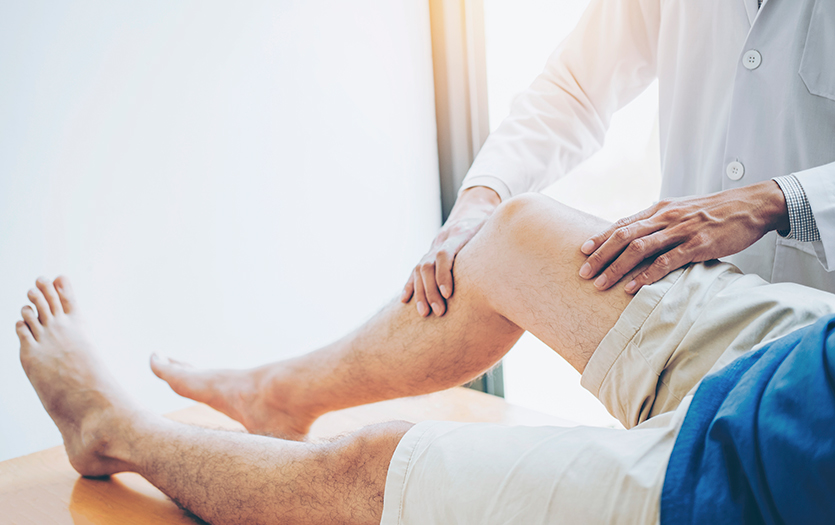
Nail-biting is a common habit that affects people of all ages, often starting in childhood and continuing into adulthood. For some, it’s a response to stress, boredom or anxiety, while for others, it’s an unconscious reflex. While it may seem harmless, chronic nail-biting can lead to surprising health issues, from infections to dental problems. In this blog, we’ll explore the causes of nail-biting, the potential risks it poses to your health and practical strategies to break the habit for good. Whether you’re a lifelong nail-biter or someone looking to help a loved one, this guide offers valuable insights into overcoming this challenging behavior.
What is nail-biting?
Nail-biting (onychophagia) is a common stress-relieving habit that includes biting the cuticle and soft tissue surrounding the nail as well as biting the nail itself.
You may bite your nails in times of stress or excitement, or in times of boredom or inactivity. It can also be a learned behavior from family members. Nail-biting may occur with other body-focused repetitive behaviors (BFRB) such as thumb-sucking, nose-picking, hair-twisting or -pulling, tooth-grinding and picking at skin. Some people get involved in another activity, such as reading, watching television or talking on the phone, and bite their nails without thinking about it.
Who bites their nails?
People of all ages bite their nails. Many adults and children bite their nails at least once in a while, while others bite them often enough to cause problems, like feeling ashamed.
Nail-biting is common in school-age children and teens, most notably during puberty.
You may notice that your child bites their nails more when stressed. Or your child may do it because another person in the family does it, too.
What problems can develop from nail-biting?
Nail-biting can make you or your child’s fingertips red and sore and make the cuticles bleed. It can also raise the risk for nail and mouth infections. Any germs that get in the mouth can increase the chances of getting sick.
Long-term nail-biting can also prevent normal nail growth. This can cause nails that are an odd shape.
In rare cases, nail-biting may be a symptom of obsessive-compulsive disorder (OCD). OCD symptoms are usually treated with medicines.
What treatments are available for nail-biting?
Several treatment measures may help you stop biting your nails. Some focus on behavior changes and some focus on physical barriers to nail-biting.
- Ask your doctor if there are medicines you can try.
- Keep your nails trimmed and filed. Keep your cuticles moisturized. Short, smooth nails and soft cuticles make it less tempting to bite them.
- Have a manicure regularly or use nail polish. A clear polish is less noticeable. Wearing artificial nails may stop you from biting your nails and protect them as they grow out. Taking care of your nails can help reduce your nail-biting habit and encourage you to keep your nails attractive.
- Try stress-management techniques if you bite your nails because you are anxious or stressed.
- Paint a bitter-tasting polish on your nails. The awful taste will remind you to stop every time you start to bite your nails.
- Try substituting another activity, such as clenching your fist or squeezing a stress ball, when you find yourself biting your nails. If you keep a record of nail-biting, you will become more aware of the times when you bite your nails and be able to stop the habit.
- Wear gloves, adhesive bandages, a wrist band or colored stickers whenever possible to remind you not to bite your nails.
How can you care for nail-biting in children?
Try to find out why your child does it. Talk with your child or their teachers about possible stress at school. Then let your child help choose how to treat it. This can make treatment more successful.
In addition to the techniques outlined above, parents can also:
- Be supportive and loving. Punishing, nagging or making your child feel embarrassed may make it worse.
- If your child bites their nails because of anxiety or stress, find ways to help your child feel better. For example, encourage physical activity. And give your child a lot of praise and support.
- Encourage your child to replace nail-biting with another activity. Your child might try drawing, writing, making a fist or sitting on their hands.
- Help your child write down when they bite their nails. This can make your child more aware of when it happens. That can help stop the habit.
Copyrighted material adapted with permission from Healthwise, Incorporated. This information does not replace the advice of a doctor.



